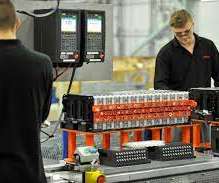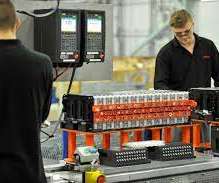Fraunhofer ISI/ICCT analysis of PHEV data finds real-world CO2 emissions 2-4x higher than official values
Green Car Congress
SEPTEMBER 28, 2020
A new analysis of the real-world usage of more than 100,000 plug-in hybrid electric vehicles shows a large deviation between on-road CO 2 emissions and fuel efficiency and the official vehicle type-approval values. The real-world share of electric driving for PHEVs, on average, is about half the share considered in the type-approval values.




















Let's personalize your content